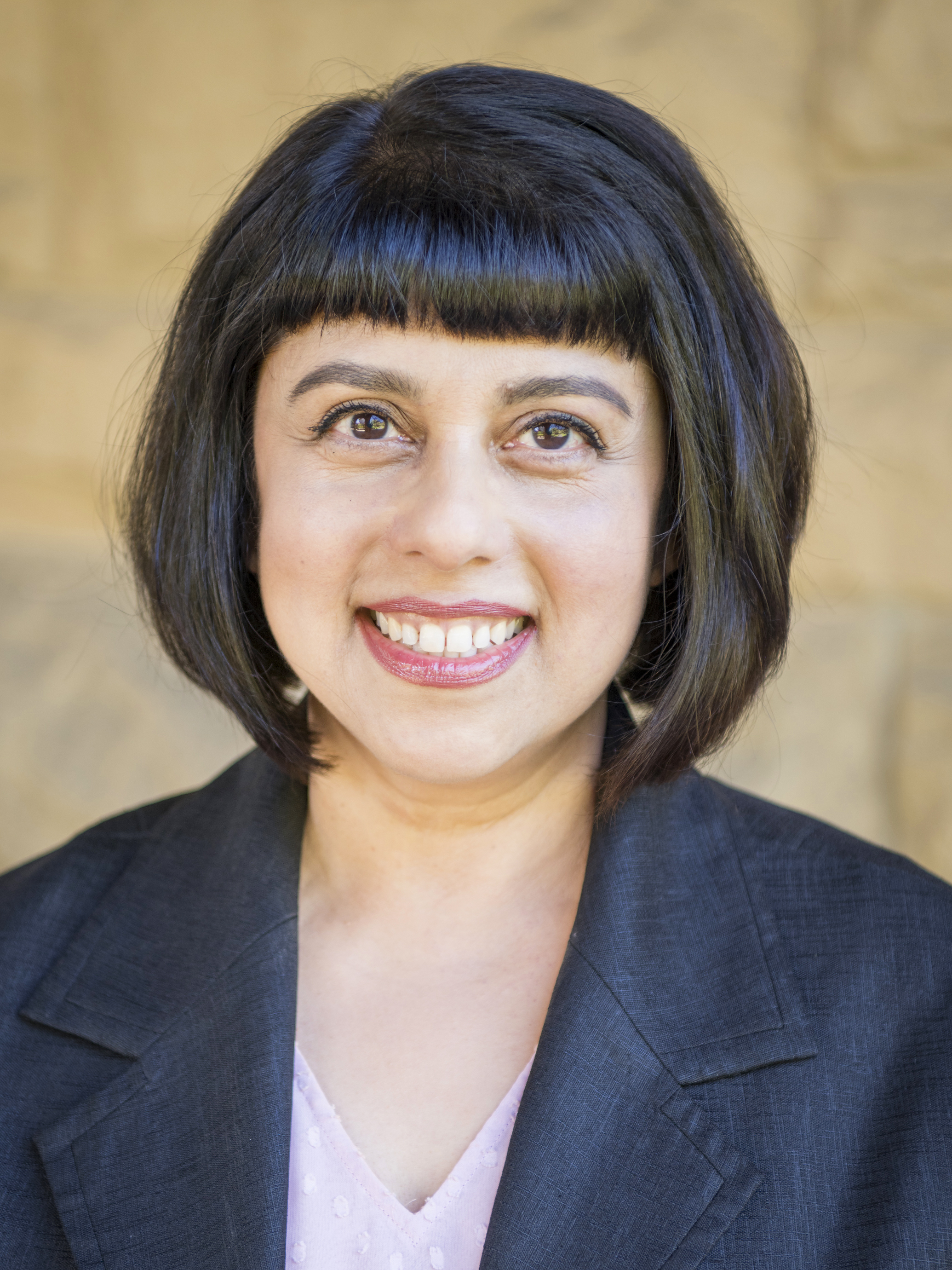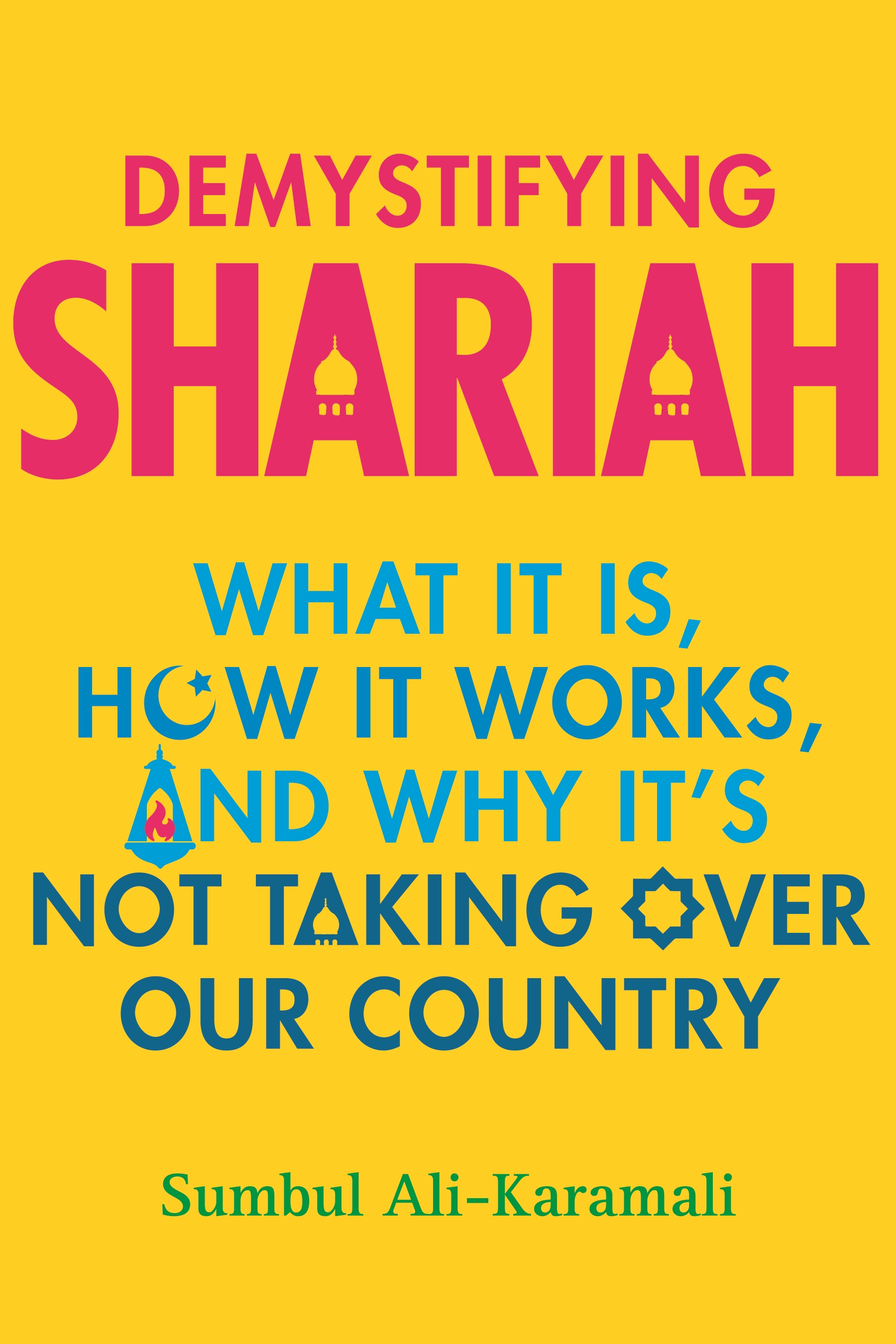Justice for All
"All mankind is descended from Adam and Eve. An Arab has no superiority over a non-Arab nor does a non-Arab have any superiority over an Arab. Also, a white person has no superiority over a black person, nor does a black person have any superiority over a white person -- except by piety and good actions."
These famous words could very well have been uttered by Martin Luther King, Jr., in the 1960s. But these are not King's words; they are the words of the Prophet Muhammad, proclaimed in the year 632 CE.*
Professor Craig Considine in his brief Emir-Stein presentation, points out that these words of the Prophet are considered by many to be the "first person in human history to declare in no uncertain terms that no person was above another by virtue of race or ethnicity." That's quite a distinction.
Prophet Muhammad was born around the year 570 CE in what is now Mecca, Saudi Arabia. He was orphaned early and, unsurprisingly, harbored a lifelong concern for orphans, widows, and the underprivileged in his tribal, clan-based society. He didn't start preaching the religion of the One God (which he didn't consider a new religion, but the religion of Abraham) when he was 40 years old.
The Prophet walked his talk. He didn't just pontificate. He appointed, as the very first muezzin of Islam -- he who calls the faithful to prayer -- a freed Ethiopian slave by the name of Bilal. (The Prophet had freed him.) This was a great honor. Bilal was black, and when one of the Prophet's acquaintances referred to Bilal's ethnicity, the Prophet rebuked his acquaintance, calling his views ignorant.
And the Qur'an, which Muslims believe are God's literal words, brought to Muhammad by the angel Gabriel, agrees, as is obvious in these two verses:
"O humankind! We created you from a male and a female, and We made you into different races and tribes so you could learn from one another. The noblest of you in the sight of God are those of you who are the most conscientious." (49:13)
"And among the signs of God is the constitution of the heavens and the earth, and the diversity of your languages and complexions [colors]." (30:22)
Racial justice, in other words, has long been a concern in Islam, since the Prophet Muhammad. I think he would be appalled at the way black people are still treated in this, the world's richest and freest country.
Indeed, when Malcolm X traveled to Mecca for the Hajj (the once-in-a-lifetime pilgrimage that Muslims must undertake), he was astounded at the huge variety of races represented there, all dressed the same, as pilgrims, and all treated the same. It's what caused his transformation from a Black Muslim to a Muslim (to paraphrase his wife). He wrote these words about the Hajj, as quoted in his autobiography on p. 346-7:
I have been proud to see and hear Muslims speaking up against George Floyd's death, for protesting, and for donating money to his family and to racial justice organizations. Racial justice has been part of our religious tradition for 1400 years. America is part of our religious tradition, too: up to 30% of African slaves brought to the US were Muslim.
The Prophet Muhammad said that the best form of jihad was to speak truth to an oppressive ruler -- in other words, speaking truth to power. That's something we still must do. It's been fourteen centuries since he advocated racial justice; isn't it about time we accomplished it?
--------------
*CE means "common era," a term academics use rather than AD.
These famous words could very well have been uttered by Martin Luther King, Jr., in the 1960s. But these are not King's words; they are the words of the Prophet Muhammad, proclaimed in the year 632 CE.*
Professor Craig Considine in his brief Emir-Stein presentation, points out that these words of the Prophet are considered by many to be the "first person in human history to declare in no uncertain terms that no person was above another by virtue of race or ethnicity." That's quite a distinction.
Prophet Muhammad was born around the year 570 CE in what is now Mecca, Saudi Arabia. He was orphaned early and, unsurprisingly, harbored a lifelong concern for orphans, widows, and the underprivileged in his tribal, clan-based society. He didn't start preaching the religion of the One God (which he didn't consider a new religion, but the religion of Abraham) when he was 40 years old.
The Prophet walked his talk. He didn't just pontificate. He appointed, as the very first muezzin of Islam -- he who calls the faithful to prayer -- a freed Ethiopian slave by the name of Bilal. (The Prophet had freed him.) This was a great honor. Bilal was black, and when one of the Prophet's acquaintances referred to Bilal's ethnicity, the Prophet rebuked his acquaintance, calling his views ignorant.
And the Qur'an, which Muslims believe are God's literal words, brought to Muhammad by the angel Gabriel, agrees, as is obvious in these two verses:
"O humankind! We created you from a male and a female, and We made you into different races and tribes so you could learn from one another. The noblest of you in the sight of God are those of you who are the most conscientious." (49:13)
"And among the signs of God is the constitution of the heavens and the earth, and the diversity of your languages and complexions [colors]." (30:22)
Racial justice, in other words, has long been a concern in Islam, since the Prophet Muhammad. I think he would be appalled at the way black people are still treated in this, the world's richest and freest country.
Indeed, when Malcolm X traveled to Mecca for the Hajj (the once-in-a-lifetime pilgrimage that Muslims must undertake), he was astounded at the huge variety of races represented there, all dressed the same, as pilgrims, and all treated the same. It's what caused his transformation from a Black Muslim to a Muslim (to paraphrase his wife). He wrote these words about the Hajj, as quoted in his autobiography on p. 346-7:
For the past week, I have been utterly speechless and spellbound by the graciousness I see displayed all around me by people of all colors....There were tens of thousands of pilgrims, from all over the world. They were of all colors, from blue-eyed blonds to dark-skinned Africans. But we are all participating in the same ritual, displaying a spirit of unity and brotherhood that my experiences in America had led me to believe never could exist between the white and the non-white.
I have been proud to see and hear Muslims speaking up against George Floyd's death, for protesting, and for donating money to his family and to racial justice organizations. Racial justice has been part of our religious tradition for 1400 years. America is part of our religious tradition, too: up to 30% of African slaves brought to the US were Muslim.
The Prophet Muhammad said that the best form of jihad was to speak truth to an oppressive ruler -- in other words, speaking truth to power. That's something we still must do. It's been fourteen centuries since he advocated racial justice; isn't it about time we accomplished it?
--------------
*CE means "common era," a term academics use rather than AD.

